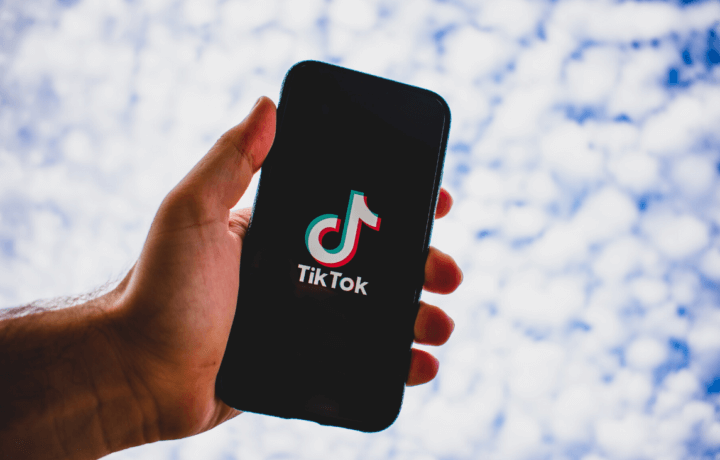Earlier this month, the Federal Acquisition Regulatory Council (FAR Council) issued an interim rule that extended the ban of the Chinese video-sharing app TikTok to the devices of federal contractors – including smartphones and other information technology equipment. The new rule prohibits the presence or use of the TikTok application in the performance of a contract. It further continues the U.S. federal government’s actions against TikTok based on privacy and cybersecurity concerns raised by the links between the application’s parent company, ByteDance, and the Chinese government.
“This prohibition applies to devices regardless of whether the device is owned by the government, the contractor, or the contractor’s employees. A personally-owned cell phone that is not used in the performance of the contract is not subject to the prohibition,” stated the updated notice published in the Federal Register.
Yet, the rule does apply to all contracts, even those below the “simplified acquisition threshold” of $250,000 – and the rule went into effect on June 2, the day it was published in the Federal Register.
The Clock is Running Out for TikTok
This is just the latest setback for the popular video-sharing app. The EU and the UK government bans that bar the use of TikTok on government devices, while Afghanistan, Pakistan, and India have gone even further – passing nationwide bans.
The U.S. federal government has already banned the use of TikTok on all government devices, and some lawmakers have also called for a nationwide ban. The State of Montana became the first to institute a total ban, which even calls for a $10,000 fine for those violating the ban.
TikTok has sued; arguing that the ban constitutes an infringement of the First Amendment rights of TikTok users, while it also suggested it is a violation of the Commerce Clause of the U.S. Constitution, which restricts the rights of U.S. states to interfere with interstate commerce. The case was brought against the state Attorney General Austin Knudsen.
A Valid Security Concern?
At issue is that TikTok can track a user’s location, and because the app is owned by a Chinese-based company, there have been fears that the software runs in the background and all data on a device could be shared with Beijing.
“If it were 10 years ago when we seemed to have a good working relationship with China, I wouldn’t be as concerned,” warned technology entrepreneur and social media pundit Lon Safko.
“We know that TikTok and its parent Chinese company have been using the app to collect information on U.S. citizens since its inception. So, we must take a responsible position and ban it,” Safko told ClearanceJobs. “As technology continues to further penetrate our lives, the threat of spying has become more and more of a concern.”
Many cybersecurity experts have shared a similar sentiment. The risk of what can be exposed via the app weighs out the option to watch dancing videos.
“This move by the U.S government to ban TikTok from devices is both reasonable and enforceable as it creates conditions to working with the federal government that is not burdensome on unrelated third parties such as app stores or mobile operators,” explained Ted Miracco, CEO of Approov Mobile Security.
Miracco further told ClearanceJobs that it is his opinion that such restrictions should not be limited to just TikTok, as there is now a long and rapidly growing list of mobile apps that pose a threat to national security.
“Furthermore, it would be in the public’s best interest for the federal government to explain the risks that TikTok represents by detailing the extensive amount of information that is collected by the app and how that information could be conceivably used by malicious third parties or nation states that gained access to the data,” suggested Miracco.
Even as this could likely head to the courts, the use of TikTok and similar apps could become something that is questioned during a security clearance background check.
“If you have a contractor that has uncontrollable urges to watch people dancing and lip-syncing like fools, we probably don’t want them managing our top government secrets,” Safko quipped. “As technology continues to further penetrate our lives, the threat of spying has become more and more of a concern.”




